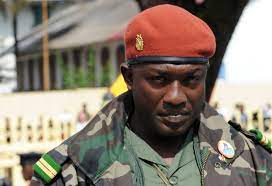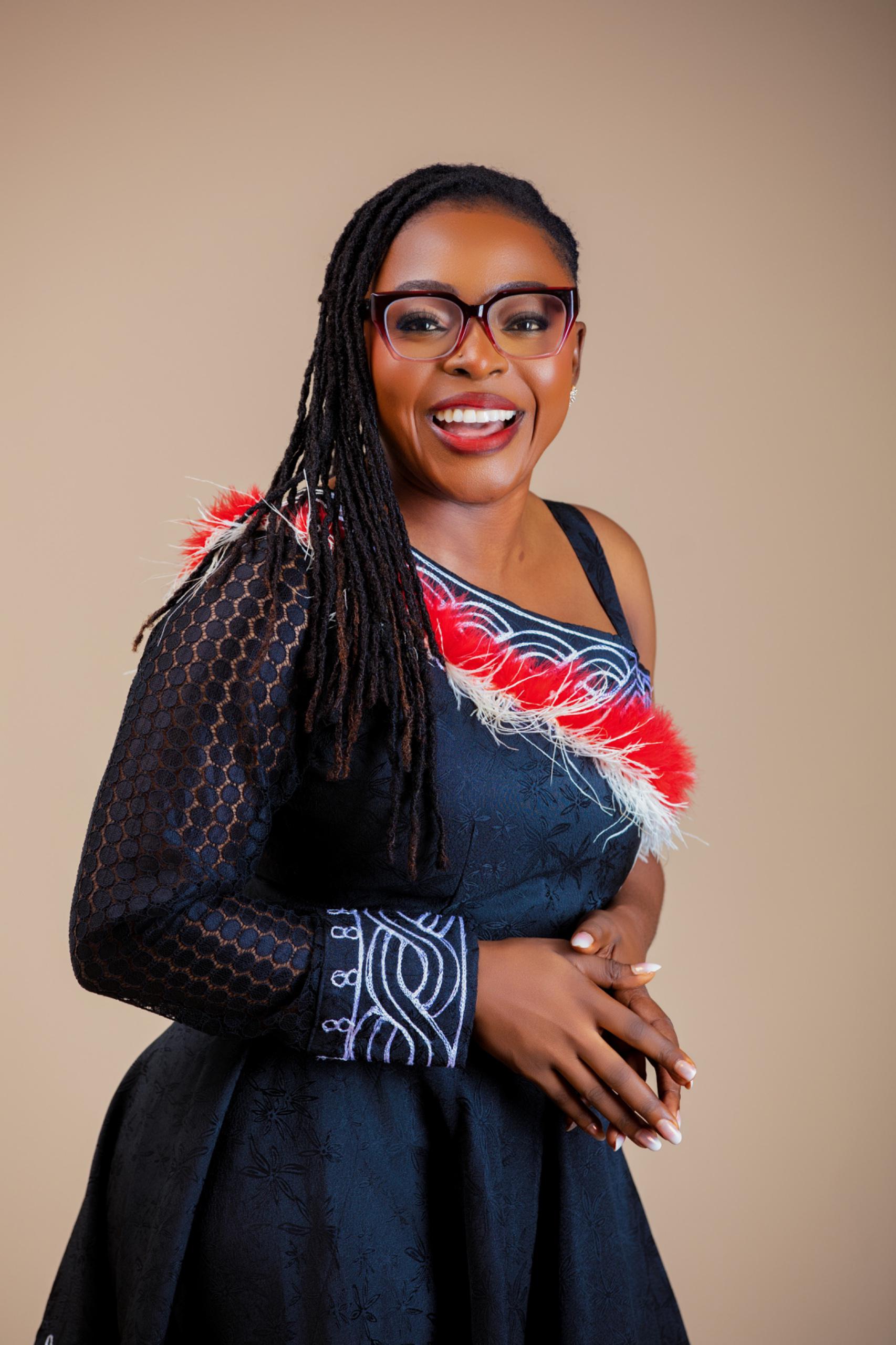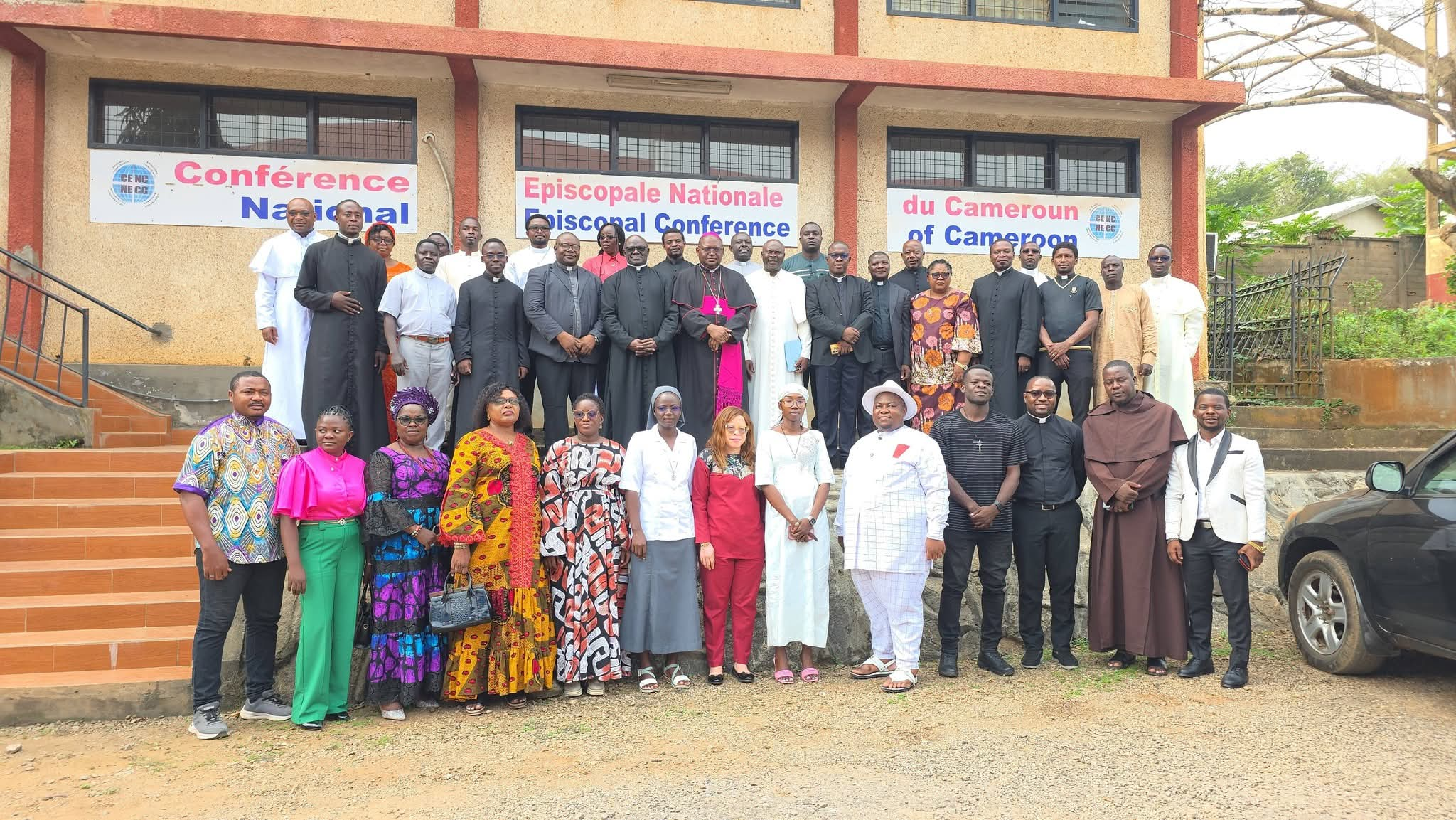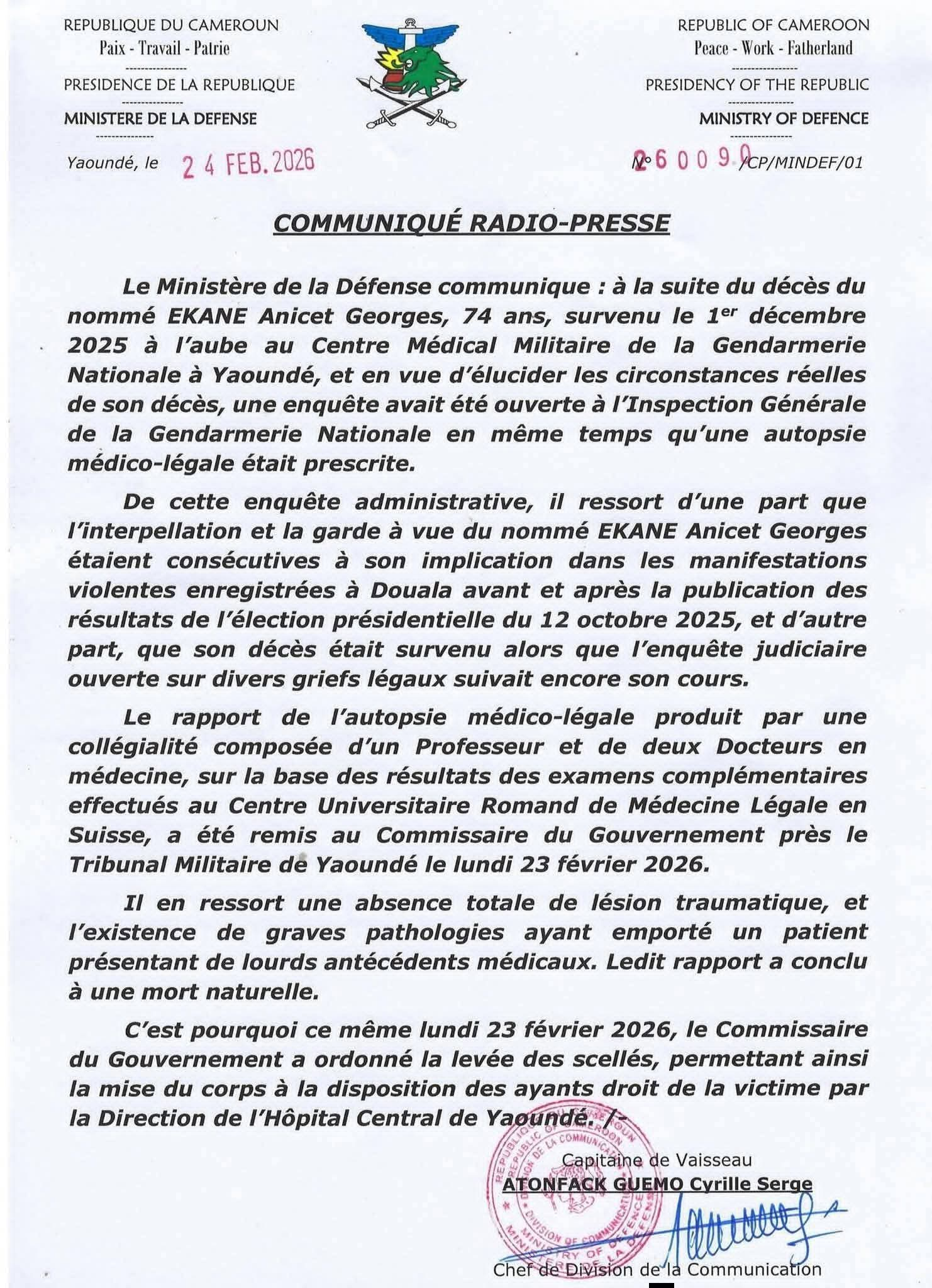A former head of the Presidential Guard in Guinea, Aboubacar Sidiki Diakite, also known as Toumba, who has long cultivated the image of a sulphurous and feared character, has become in three months, the darling of several observers of the September 28, 2009 massacre trial.At the special court in Conakry, President Ibrahima Sory 2 Tounkara called Aboubacar Sidiki Diakite, nicknamed Toumba, to the stand. The former aide-de-camp to Captain Moussa Dadis Camara stepped down from the box of the eleven defendants of the September 28 massacre. 150 people among thousands, who were demonstrating against the presence of the military junta (2008-2009), in the run-up to the 2010 presidential election, had been massacred in Conakry’s stadium, in addition to dozens of women who had been raped. Dressed in an elegant African three-piece suit, Toumba, 54, walks slowly towards the podium and seems to feel no weight of the charges against him.
Rightly or wrongly considered the mastermind of the tragic events of 2009, this Guinean army lieutenant and a medical doctor by training, has kept the spectators of the September 28 trial on tenterhooks, as his statements sometimes greatly amuse the audience. He denies having played a role in the butchery, blaming everything on his former boss, Captain Moussa Dadis Camara, who was among the defendants at the historic trial broadcast live on national television. Small excerpts of the Conakry native’s repartee between opposing lawyers and the head of the public prosecutor’s office brighten the days of several Internet users on social networks.
A pure product of the Guinean education system, Toumba Diakite was for a long time an intern doctor in the cardiology department of the Ignace Deen Hospital and University Center in Conakry before joining the army by pure chance in 1993. “I was an intern assigned to the cardiology department of the Ignace-Deen University Hospital Center in Conakry. I spent seven years there. But one day, my car was parked outside. A madman came and busted all my car windows out, and in the morning, they found that I had tied him up. Everyone was talking about me. Since the army was short of manpower, Professor Conde (an MD) said to me: “Toumba, you have to take the uniform,” a way of telling him to exchange his white coat for the military uniform, he recalls.
From medicine to weapons
With the help of a certain Colonel Nabe, a former chief medical officer, and other high-ranking army officers, Toumba made his debut as a military student at the Keme Birama camp in Kindia, located 135 kilometers from Conakry. After the basic common training, he received another training course alongside the Americans for a specialization in ambush and raid. He obtained his diploma at the end of this training, crowned with the title of ranger.
He made his way and was transferred to the Soronkoni camp in Kankan, more than 700 kilometers from Conakry, where he was appointed chief medical officer. During the rebel attacks along the Guinean borders with Liberia at the beginning of the 21st century, he was sent to the front as part of the ranger detachment in the 4th Military Region. “I still come back to Soronkoni for services. Dr. Abdoulaye Cherif Diaby, the former Minister of Health under the former junta, the CNDD (National Council for Democracy and Development), who was chief medical officer of the army, brought me back to Conakry by appointing me head of the cardiology department at the general directorate. That’s where I stayed, but then I was sent to the gendarmerie of Sonfonia. That’s where we stayed until the seizure of power on December 22, 2008,” he says, recalling that he was nicknamed “Toumba” by a “big military brother” when “I was studying at Camp Alpha Yaya.”
At the time, Toumba went on, the late General Mamadouba Toto Camara, assisted by other army officers, was about to take power after the death of President Lansana Conte (1984-2008). But against all odds, a young captain, Moussa Dadis Camara, succeeded in December 2008 in leading a junta, taking General Camara by surprise. Aboubacar Sidiki Diakite claims to have contributed greatly to this takeover.
A martial arts enthusiast who prides himself on his mastery of the martial arts – he has a black belt in karate – Lieutenant Diakite was appointed aide-de-camp and head of the presidential guard by Dadis Camara. The two men got along well for about ten months. The head of the junta did not hide his desire to remain in power by declaring his candidacy for the 2010 presidential election. Civil society organizations and the opposition were infuriated and called for an unauthorized rally on September 28, 2009, a symbolic date for Guineans, at the eponymous stadium in Conakry. The building was at its height and what followed was the arrival of armed elements of the military junta. More than a hundred people were slaughtered, women were raped, and many other victims still have the scars of their injuries.
Before the Dixinn criminal court, charged with trying this case, Toumba did not deny having been at the “stadium” on the day of the massacre. He argues that he was at the scene of the crime to “protect the opposition leaders,” and also to search for the junta leader, Moussa Dadis Camara, on whom he did not hesitate to point his gun and open fire on December 3, 2009 at Camp Alpha Yaya. Captain Joseph Loua, known as Makambo, who tried to intervene, was killed by Toumba Diakite, who admitted in court in Dixinn that he had “executed” this member of the presidential guard at the time. “It was an unjustified attack and it received a proportional response,” he justified, unperturbed. Seriously wounded, Dadis called on Senegal to come to the rescue. President Wade (2000-2012) sent emergency doctors to a hospital in Dakar where the former junta stayed before his evacuation to Morocco.
Exchange of fugitives
After this incident, he managed to escape from Guinea to Senegal. He chose an incognito life, but inquisitive eyes managed to flush him out of his refuge on December 16, 2016. Arrested the same day by the Senegalese gendarmerie, he was extradited three months later, on March 13, 2017 exactly, to his country. However, his repatriation was not without a quid pro quo. According to security sources, Dakar and Conakry agreed to an exchange of wanted persons on both sides.
At the time, Senegal was eagerly hunting down its nationals who had returned from Nigeria, former fighters of the jihadist group Boko Haram. One of them, Mouhamed Lamine Mballo, was a young adventurer recruited by a compatriot to join the Islamist insurgents who are behind more than 500 attacks in 2022, according to the propaganda agency of the jihadist group Islamic State (IS). Upon his return from Nigeria, he was living in Guinea until his repatriation to Senegal. Tried in 2018, Mr. Mballo was sentenced in Dakar to five years in prison for terrorist activities.
Toumba Diakite, who was presented as the mastermind of the September 28, 2009 events, has waited six years for his trial to begin in Guinea. At the start of his interrogation on October 19, 2022, he said he had been caricatured in an attempt to make him the main perpetrator of the tragedy. He accused the former head of the junta, who was also brought before the criminal court of Dixinn after several years in exile in Burkina Faso, of trying to frame him.
To defend himself, the former head of the presidential guard, who often comes to the courthouse wearing a sports outfit, does not hesitate to use the Koran, sometimes annoying the lawyers of Captain Moussa Dadis Camara. One of them, Me Pene Antoine Lamah, is convinced that Toumba has delivered “only a part of the truth, full of untruths, contradictions and inconsistencies. He deplores the fact that his client’s former aide-de-camp is trying to “play on the communitarian fiber to make an image for himself in the opinion,” by omitting “the questions for which the court was petitioned.”
On the other hand, Me Paul Yomba Kourouma is pleased with his client’s stance. “Between Toumba and me, it is the pastor who meets the imam. The two religious leaders converge on a single God who can only expose the truth. That is why we said that Toumba could defend himself without a lawyer. We are simply assisting him with formalities. We did not want to organize press conferences because we did not want to talk about Toumba himself. He is a man who was prepared in solitude, in his cell. He is a good student, but he is also a great scholar. He is someone who assimilates and conveys the language of truth,” Mr. Yomba Kourouma enthused.
For him, the picture painted of his client by the prosecution is however different from that of the man whose only evocation of the nickname “Toumba” inspired “fear, terror and Lucifer or Satan disguised as human.” According to the lawyer, Toumba Diakite was eager to prove that he was humane and a dispenser of grace. Justice will decide. In the meantime, Toumba Diakite remains popular with the Guinean public. He won hands down the vote for the Personality of the Year 2022, a distinction that is regularly organized by a private Guinean media.




